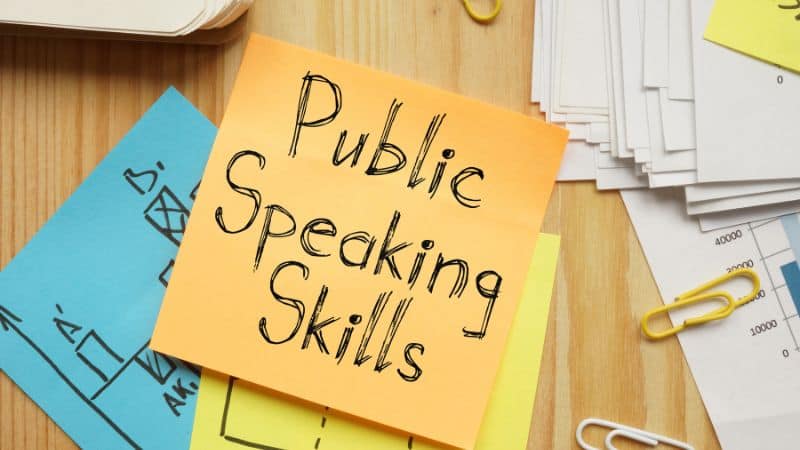Imagine standing in a room full of people, but wearing earplugs. You see mouths moving, gestures being made, but you can’t hear a thing. That’s what it’s like leading without seeking feedback—you’re present, but disconnected from the reality around you.
We often shy away from feedback. Maybe it’s the fear of criticism or the discomfort of vulnerability. But here’s the truth: feedback is a leader’s secret weapon. It’s the mirror that shows you what you can’t see on your own. Without it, you’re navigating in the dark.
Why Seek Feedback Actively?
Uncover Blind Spots
No matter how self-aware we think we are, we all have blind spots. Maybe it’s how you run meetings, delegate tasks, or handle conflict. Feedback shines a light on these areas, giving you the chance to address them before they become bigger issues.
Build Stronger Relationships
When you ask your team for their honest thoughts, you send a powerful message: Your opinion matters. This openness fosters trust and strengthens the bonds within your team. People feel valued and are more likely to go the extra mile.
Fuel Personal Growth
Feedback is like a roadmap for your development. It highlights where you’re excelling and where you could improve. By embracing it, you accelerate your growth—not just as a leader, but as a person.
Enhance Decision-Making
Multiple perspectives lead to better decisions. By seeking feedback, you gather insights you might have missed, allowing you to make more informed choices that benefit everyone.
How to Seek Feedback Actively
Create a Safe Space
Start by letting your team know that their honesty is welcomed and won’t be met with negative reactions. Make it clear that feedback is a two-way street aimed at mutual growth.
Ask Open-Ended Questions
Instead of, “Did you like my presentation?” try, “What could I have done differently in the presentation to make it more effective?” Open-ended questions encourage detailed responses and deeper insights.
Listen Without Defensiveness
When someone offers feedback, resist the urge to interrupt or justify your actions. Listen fully. Absorb what’s being said. Remember, it’s about their perception, which is their reality.
Show Appreciation
Thank them for their honesty. A simple, “I really appreciate you sharing this with me,” goes a long way. It encourages them to keep the lines of communication open.
Act on the Feedback
Feedback is pointless if it doesn’t lead to action. Identify key takeaways and implement changes where appropriate. This demonstrates that you value their input and are committed to improvement.
Follow Up
After making changes, check back in. Ask if they’ve noticed improvements or if there’s more you can do. This ongoing dialogue reinforces your dedication to growth.
Make It Routine
Don’t wait for annual reviews or when problems arise. Regularly incorporate feedback sessions into your interactions. This normalizes the process and reduces anxiety around it.
Be Vulnerable
Share your own challenges and areas where you’re seeking to improve. This vulnerability breaks down barriers and invites others to be open as well.
Bringing It All Together
Imagine transforming feedback from something dreaded into something eagerly anticipated. Picture a team where open dialogue is the norm, not the exception. That’s the power of actively seeking feedback.
When you embrace feedback, you move from guessing to knowing. You make better decisions, foster stronger relationships, and create an environment where everyone feels empowered to speak up. It’s not just about fixing problems; it’s about unlocking potential—yours and your team’s.
So take out the earplugs. Lean in. Ask the questions that matter, and listen to the answers with an open heart and mind. Because when you seek feedback actively, you’re not just leading—you’re growing, evolving, and inspiring others to do the same.
Remember, the path to greatness is paved with lessons learned along the way. Feedback is your guide. Embrace it, and watch how it transforms not just your leadership, but the entire journey.
If you’re tired of knowing but not doing…
Let’s make one shift easier to live daily.
→ Shift Experiences










